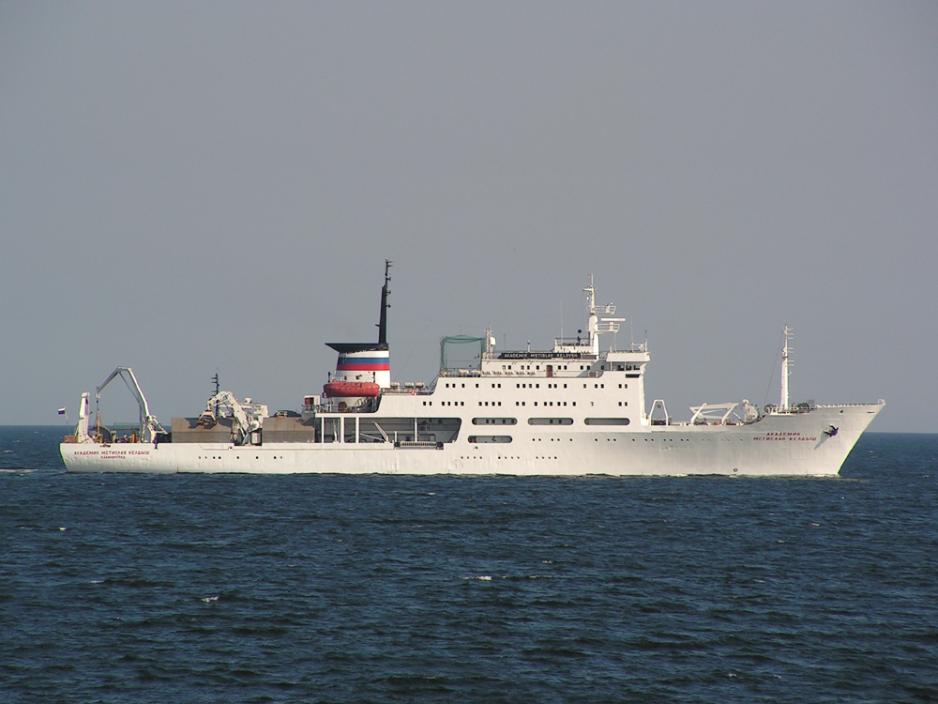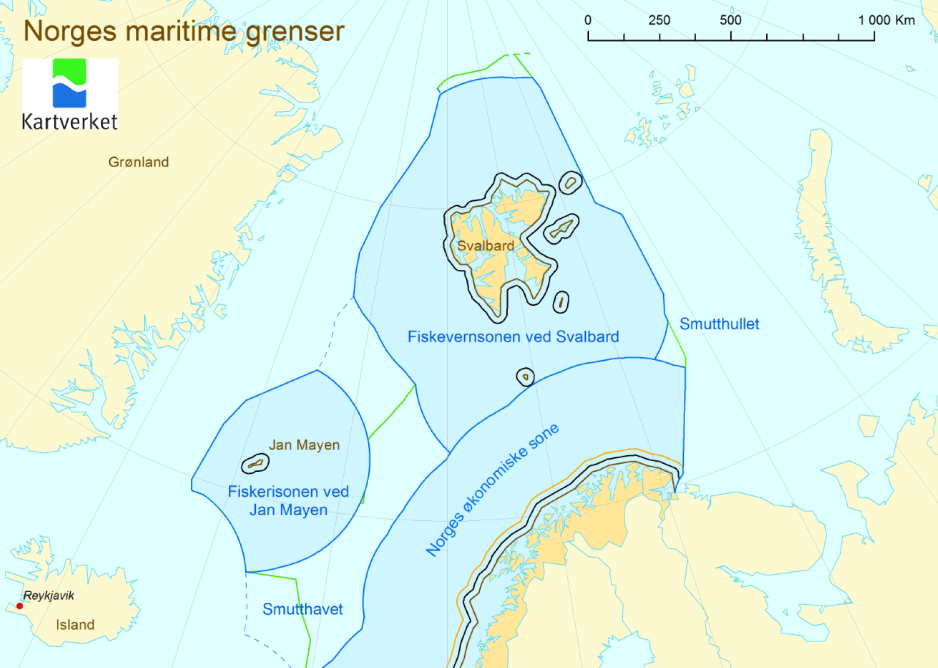Norwegian MFA On the Russian Research Voyage in Norwegian Waters: “The Government Is Fully Aware of the Threat Situation in the North”
"All foreign applications for scientific marine research are processed in line with Norway's obligations under the law of the sea," says the Norwegian Minister of Foreign Affairs, Espen Barth Eide (Labor), answering the criticism from the Progress Party. (Archive photo: Trine Jonassen)
Norway's approval of a research voyage by the Russian vessel "Akademik Mstislav Keldysh" off the coast of Finnmark in Northen Norway, has provoked strong reactions, including from the Progress Party. MFA Espen Barth Eide (Labor) says that Norway must comply with the law of the sea.
Norway has approved a research voyage by the Russian vessel "Akademik Mstislav Keldysh" off the coast of Finnmark.
According to the application, the Russian research ship will examine sediments on the Norwegian continental shelf. The permit has been signed by the Ministry of Petroleum and Energy (OED). Russia will use the research ship in the period from 4 November to 18 December.
It was Teknisk ukeblad that first wrote about the application.
Reacts
This is the same area where the Snøhvit and Goliat oil and gas fields and the fiber cable to Svalbard are located.
This caused the political opposition to react, and Christian Tybring Gjedde from the Progress Party asked MFA Espen Barth Eide (Labor) for an answer as to why Norway allows this in the Norwegian economic zone in the Barents Sea;
"How is it in Norway's interest to allow the Russian ship "Akademik Mstislav Keldysh" to investigate the Norwegian continental shelf?" asked the Progress Party representative.

The Russian research vessel «Akademik Mstislav Keldysj» has left the Port of Murmansk and is heading out in the Barents Sea. The vessel is going into Norwegian sea areas to conduct the voyage. (Photo: Digifruitella/Wikimedia Commons)
Keeping watch
In the Minister of Foreign Affairs' response on Monday, 20 October, Espen Barth Eide writes, "The government is fully aware of the threat situation in the North and is vigilantly following Russian activity."
"All foreign applications for scientific marine research are processed in line with Norway's obligations under the law of the sea. A coastal state can refuse marine research expeditions within territorial waters, i.e., up to 12 nautical miles from the baselines along the coast," writes the MFA.
He points out that Norway must consent to research expeditions outside territorial waters, i.e., in Norway's economic zone and on the continental shelf. In these areas, Norway can only refuse access in some instances.
"For example, if it is not really a question of pure scientific research but of exploiting or mapping resources. The limited opportunity we have to refuse scientific marine research must be seen in the context that the economic zone and continental shelf are not part of the territory of Norway but an area of the sea where Norway has certain rights. Beyond this, the freedom to navigate applies," explains Barth Eide.
In total, the MFA has approved five marine research voyages in 2023.
More applications
He says that Norway receives applications from Russian research institutes for research voyages in Norwegian waters every year and that there are two different purposes for the voyages that are carried out.
"Fisheries research expeditions are agreed upon every year in the joint Norwegian-Russian fisheries commission. The other form of expedition is scientific ocean research voyages, such as with the vessel "Akademik Mstislav Keldysh." Through the application process, we receive information about sailing routes, survey areas, crew lists and some of the equipment the vessel wishes to use. We obtain input and any approvals from relevant Norwegian actors, including the Norwegian Armed Forces," writes the Minister for Foreign Affairs.
If the expedition is approved, conditions will be set for the use of equipment. There is also a requirement that research data be shared afterward, in line with the law of the sea.
"We thus get a good overview of the purpose and activity of the Russian research expeditions. In total, the Ministry of Foreign Affairs has given consent to five marine research voyages in 2023. No consent has been given to research in territorial waters," says Barth Eide.

Norway's maritime borders: In the economic zone, Norway has exclusive rights to the economic exploitation of resources. Other states have freedom of movement in the same area. The fisheries protection zone at Svalbard was established by Norway in 1977 for the conservation of living resources in the sea and the regulation of fishing and catching. The conservation provisions do not treat Norwegian and foreign fishermen differently. (Illustration: the Norwegian Mapping Authority)
Sharing the Barents Sea
He is also clear on the fact that the government is fully aware of the threat situation in the North and vigilantly follows all Russian activity.
"It is well known that initially legal activity can be used for purposes that can damage our national security. This is what the Norwegian governing authorities – the Armed Forces, the National Intelligence Service, and the Police – are working to prevent. At the same time, it is in Norway's interest to maintain respect for the law of the sea and other international law," Barth Eide believes, adding that Norway cannot choose its geography.
"We share the Barents Sea and fishery resources with Russia. There is a great deal of maritime activity going on in Norwegian sea areas that we do not have the opportunity to regulate according to the law of the sea. It is a geographical fact that all Russian traffic between the northern ports and the Atlantic must necessarily pass through Norwegian waters," concludes the MFA.
Opposition from researchers
Several researchers also reacted to Norway approving the Russian research expedition.
Researcher Gunhild Gjørv at The Arctic University of Norway tells NRK that Russia may have a geopolitical agenda with the expedition and may be an attempt to get Norway to break the UN Convention on the Law of the Sea.
Ståle Ulriksen, researcher at the Norwegian Naval Academy, tells Teknisk ukeblad that he is skeptical that the research voyage – postponed from this summer – will be carried out.




